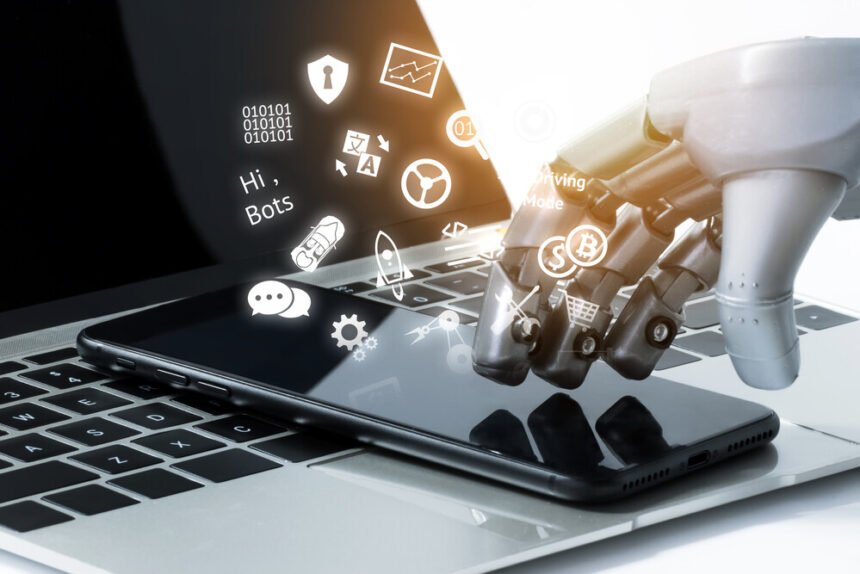Dartmouth held the first artificial intelligence (AI) conference in 1956. The idea of artificial intelligence gained popularity, and people believed machines would replace human beings in the workplace someday. However, at that time the idea lacked funding at its conceptual stage and could not develop, launching a period known as an AI winter. The situation has since changed and AI development is occurring seemingly everywhere. IBM did a recent test of a game show where AI systems beat the bets made by the human player. Google developed an AI system known as DeepMind while Microsoft works on developing AI systems. Most industries have implemented artificial intelligence into their workflow, and the business industry is slowly integrating it into its day-to-day. AI in the business world enhances the business field in many ways. Below are a few of them.
Virtual assistance
Virtual assistance is the most common way in which AI can be used in business. Most people have already started experiencing the advantages of this technology. The technology has already infiltrated our lives to the point that we can’t imagine living without it. Likewise, technological advances have already infiltrated the business field as companies use chat boxes to communicate with customers online. The customer service industry is one of the most tech-centered departments in business. Technology easily integrates itself with human service in order to provide excellent customer service. Instead of replacing the human employees with technology, the technology enhances the customer experience. For example, technology can answer simple questions encountered in the aerospace industry about the reasons for a flight delay, allowing flight attendants to focus on other matters. In doing so, the technology enhances customer service while human employees direct their attention to more important issues and tasks. On the other hand, chatbots have started gaining popularity. Currently, toys like Hello Barbie use chatbots, and Lions Gate films use chatbots to market their movies. Experts indicate that chatbots and virtual assistants are bridging people with technology in the business field. In fact, in the next few decades, the technology will be involved in every aspect of the business beyond just the basic communication and large file sharing.
Generating insights
Just as oil was the most important raw material in the 19th century, nowadays, data has become the most essential raw material in the business world. Initially, accessing information proved difficult since companies stored data in files or incompatible databases. However, nowadays, data has become so important since it can be accessed easily using tools like Hadoop and Spark. In addition, like oil in the past decades, data is useless without effective machination to make it valuable. This is where artificial intelligence is coming onto the scene. Artificial intelligence discovers important insight for businesses as it processes large quantities of data in short periods of time. For example, Publicis.Sapient has used the artificial intelligence to create a system used by financial institutions to predict demand-based consumer life events and other market factors. In particular, the information provided by artificial intelligence can be used by loan agents to determine positive prospects. Integration of artificial intelligence in businesses is important since it learns as it works. This allows the technology to adapt to market changes and improve performance and productivity.
Automation of the manual process
One of the biggest perceptions of the rise of artificial intelligence is the automation of services. During the industrial revolution, the emergence of machines made work easier for human beings. Now, robots and humans work side-by-side in factories. This makes work easier while simultaneously improving performance and productivity. According to experts, the automation of artificial intelligence in the business world is no longer the competition between blue- and white-collar jobs but between routine and non-routine. Just like machines made physical work easier, artificial intelligence is making business processes seamless.
Artificial Intelligence Has A Bright Future
Artificial intelligence is becoming more popular in the business world, as it should be. AI makes virtual assistants, greater insights based on data, and automation of processes possible. These, in turn, make every aspect of a business more efficient. In the end, efficiency means greater profit, so why wouldn’t every CEO want to integrate artificial intelligence into their business?

